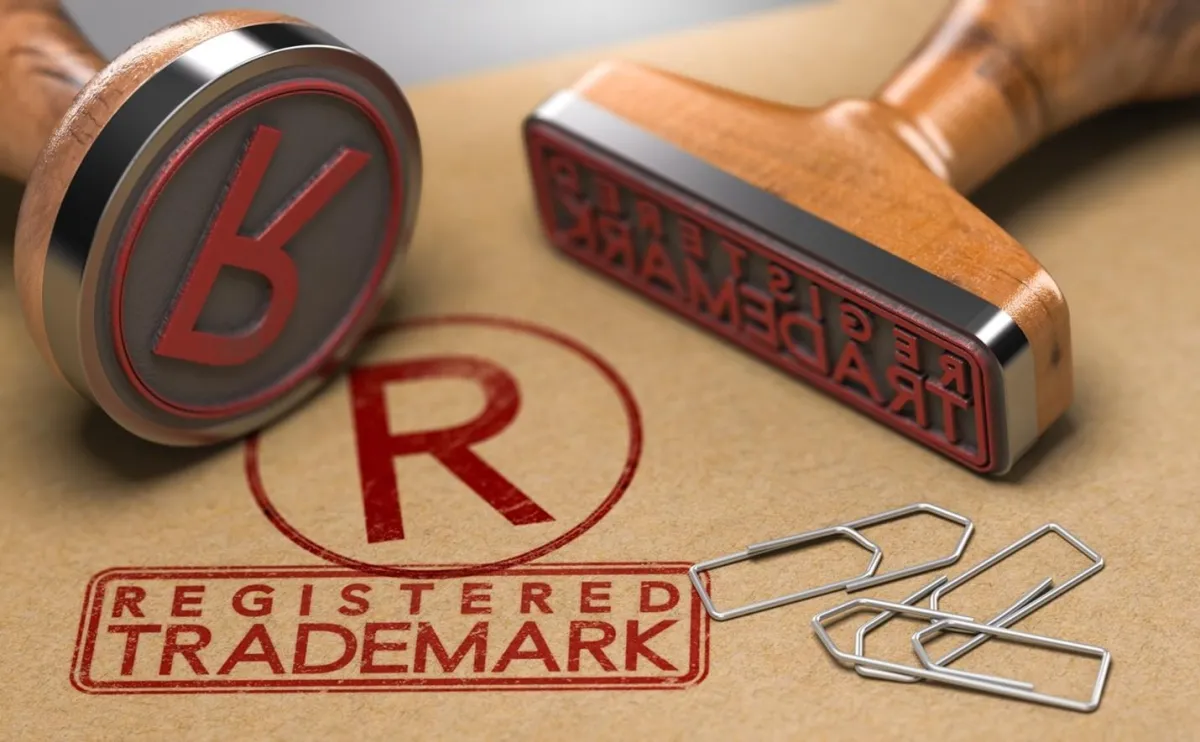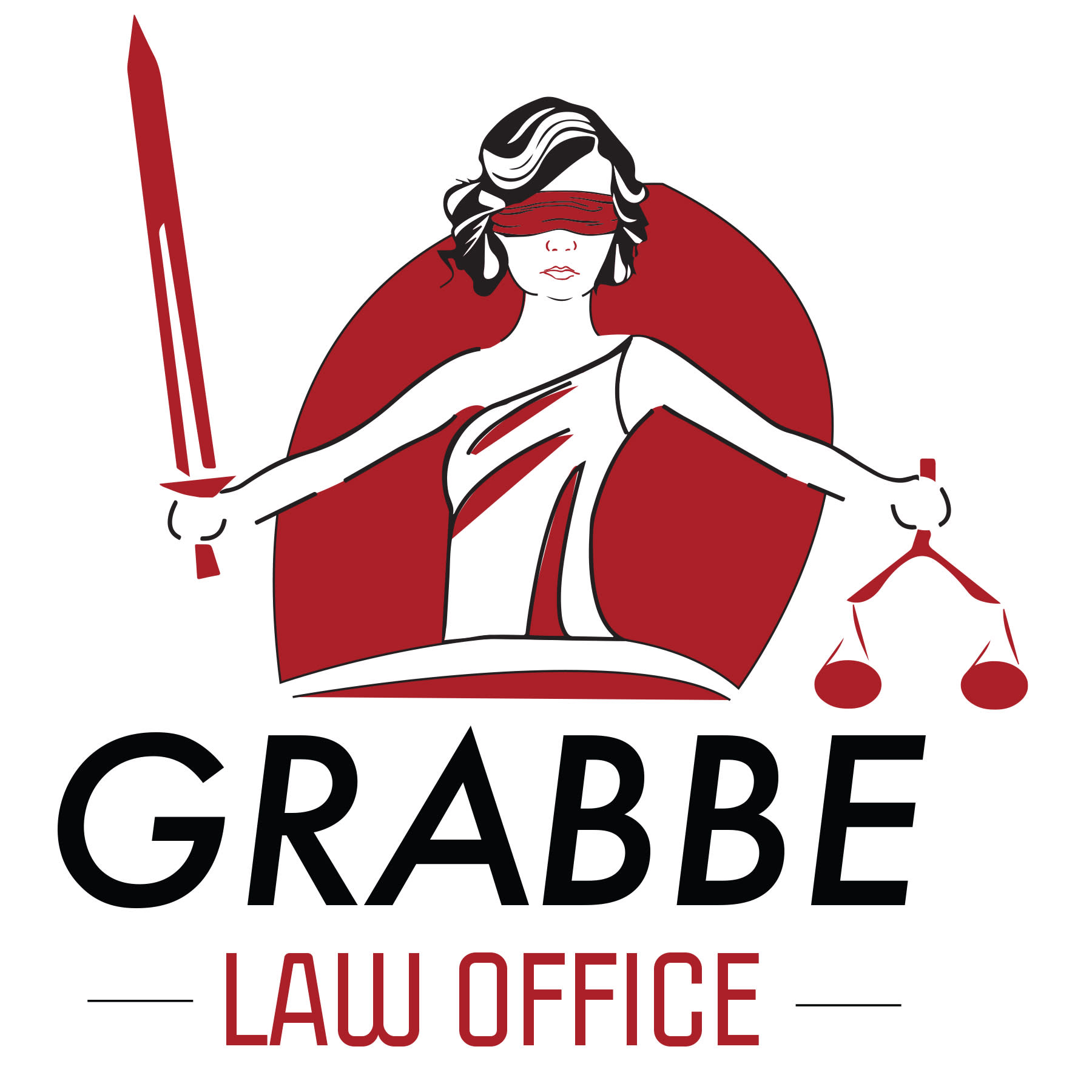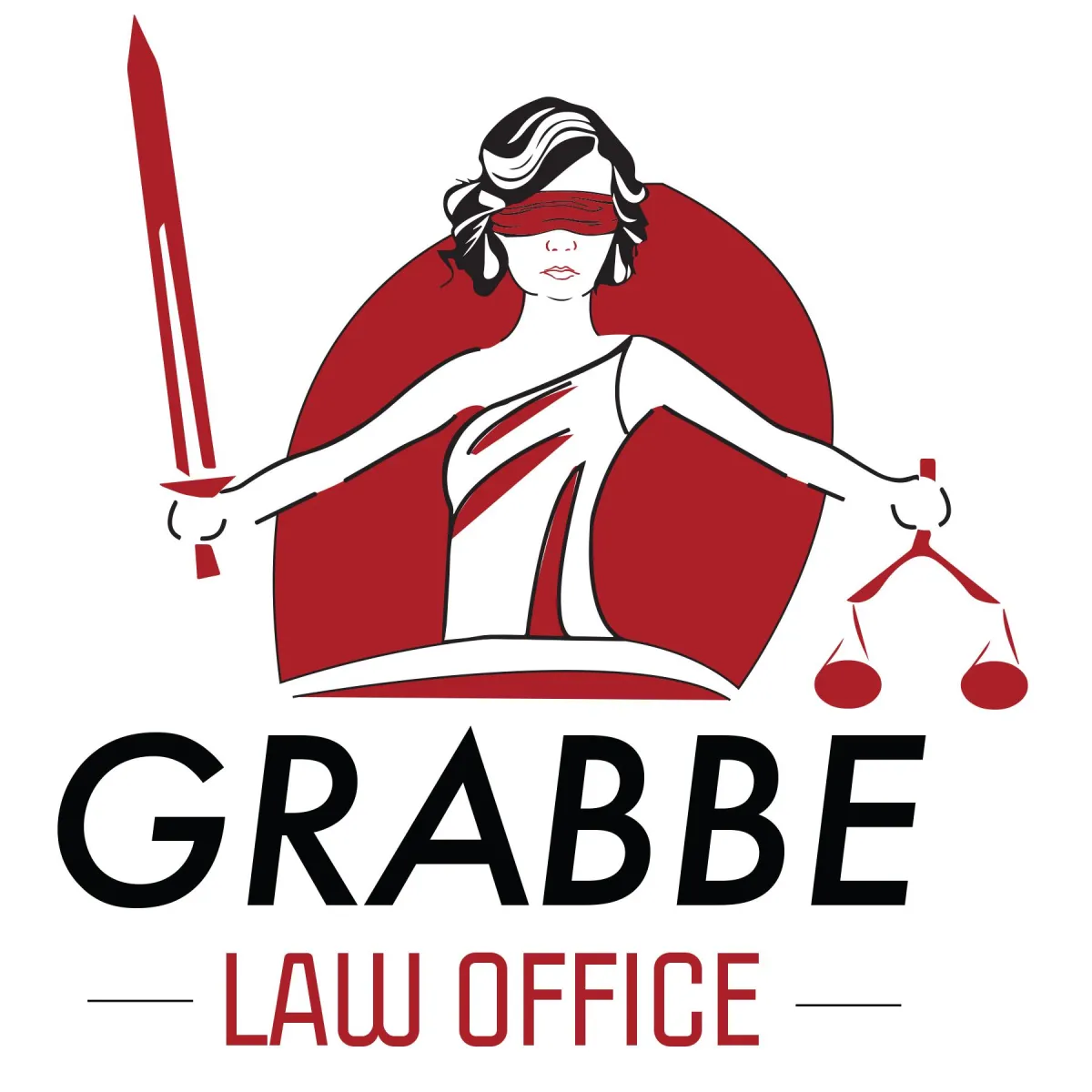Welcome to the Blog!

The Causes of Domain Name Disputes and How to Avoid Them
The Causes of Domain Name Disputes and How to Avoid Them
The World Intellectual Property Organization reported nearly 10,000 domain name disputes in 2022. Domain names, the easy-to-remember form of internet addresses, both help users identify locations on the internet and serve as business identifiers. As business identifiers, domain names can be extremely valuable and two businesses with similar names may wish to acquire the same domain name – if a company discovers that a domain name that corresponds to their corporate name or product trademark is already owned by someone else, they may choose to dispute the domain name so that they may get the domain name from the current owner. If you are considering pursuing a domain name dispute, consider getting your questions answered by speaking with an experienced Kansas intellectual property lawyer. Consider reaching out to Grabbe Law Office in Kansas for a 15-minute free consultation here.
What are the Causes for Domain Name Disputes?
The causes behind domain name disputes may vary according to context. A few common situations, however, include:
· Cybersquatting. This is when one party registers a domain name they are aware that a business is likely to want, and then attempt to sell, rent, or transfer the domain name to them at an inflated cost.
· Reverse domain hijacking. This is when a party legitimately owns a domain name, but a larger entity is determined to obtain ownership of the domain name and may use its resources to push the party to give up ownership.
· Several separate businesses may have a shared interest in a domain name because of similar brand names – for example, Delta Airlines and Delta Faucet – two distinct businesses.
How Can Domain Name Disputes Be Resolved?
There are several options parties can pursue with regard to domain name disputes. These include:
· Negotiation.
· Filing a Uniform Dispute Resolution Policy (UDRP) complaint.
· Filing a Complaint in Court.
Negotiation
Negotiation with the owner of the domain name might involve the following:
· Assessing the value of the domain to determine how much you are willing to spend to purchase the domain.
· Determining who currently owns the domain. If the connection between the domain name and the owner is weak, the domain owner may be more willing to sell it or may be holding onto it as an investment opportunity, in which case you may be able to negotiate a selling price.
· Contacting the domain owner and expressing interest in purchasing the domain.
· Evaluating the domain owner’s response and, if they seem open to selling the domain, negotiating a price.
Filing a UDRP Complaint
The Internet Corporation for Assigned Names and Numbers or ICANN explains that under this policy, trademark-based domain name disputes must be resolved through agreement, court action, or arbitration before the domain name can be canceled, suspended, or transferred by a registrar. In UDRP cases, the party files the complaint with an ICANN-approved arbitration provider, the respondent, or the current domain holder, is given an opportunity to respond, and the arbitration panel then evaluates the dispute and reaches a decision. In order to succeed in a UDRP proceeding, the party that files must demonstrate:
· That they hold ownership of a trademark that is the same or similar to the domain name they wish to dispute.
· That the current domain name owner does not have any legitimate connection to the domain name.
· That the domain name was registered and used with bad intention as in the case of cybersquatting.
Filing a Complaint in Court
Another option is to file domain name disputes in court. UDRP and traditional litigation are not exclusive, and you can pursue both options at the same time. However, UDRP complaints tend to take about two months or less, so it may be advantageous to wait for the outcome of that process before pursuing legal proceedings. Domain dispute law and federal court rules and procedures are complicated, so if you decide to pursue filing a complaint in court, consider visiting with the experienced IP attorneys at Grabbe Law Office to learn more about navigating the process.
What are the Main Issues Regarding Domain Name Disputes?
Some common issues in domain name disputes may include:
· Stolen domain names. In some cases, a third party with no right to the domain name may manage to transfer the domain name to their account. In this scenario, you should first check that that you did not fail to renew the domain name. Once you have determined the domain name has been stolen, quickly contact the ISP to recover the domain name.
· Someone without relevant domain rights decides to register a domain name because they think that a third party might be interested in it and will offer to buy it. This is referred to as cybersquatting.
· A company may choose to register a domain name that their competitor is interested in to place the competitor at a disadvantage. This is referred to as passing off domain name.
What are the Different Types of Domain Name Disputes?
Some examples of different types of domain name disputes include:
· Cybersquatting: A party purchases a domain name with the intention of reselling it and making a profit.
· Reverse-Cybersquatting: This is when a larger entity, typically the trademark holder, attempts to obtain the domain name from someone who previously lawfully registered the domain name.
· Typosquatting: A party registers a domain name with common typos of a major domain name to drive traffic to sites that benefit the party who registered these domain names.
How Can an Experienced Intellectual Property Lawyer Help with Domain Name Disputes?
Understanding domain name disputes can be legally complex, overwhelming, and complicated, which is why it may be helpful to speak with a legal expert. Grabbe Law Office is focused on providing custom solutions to empower business owners and will work closely with you to address your inquiries. Consider reaching out to us today for a free 15-minute consultation here.








